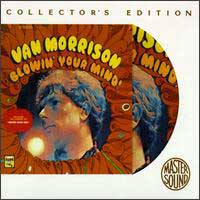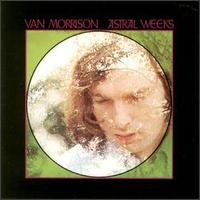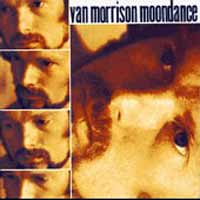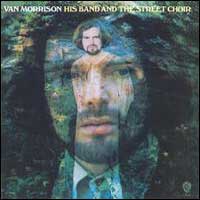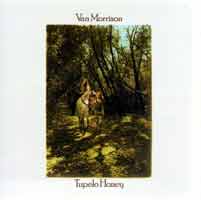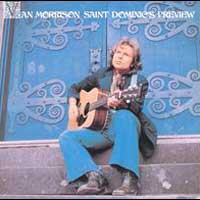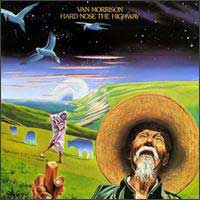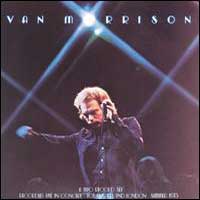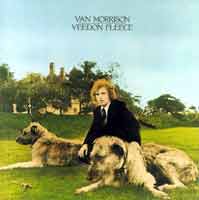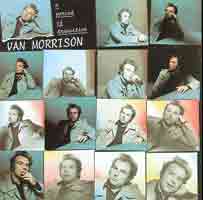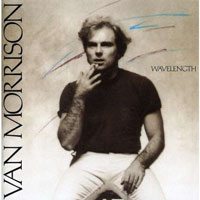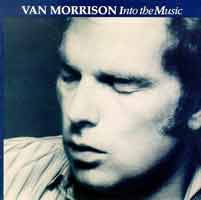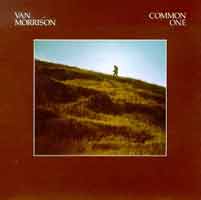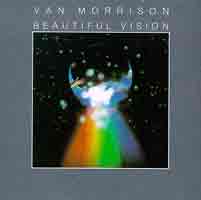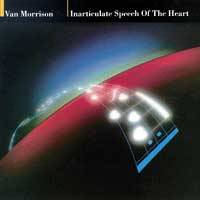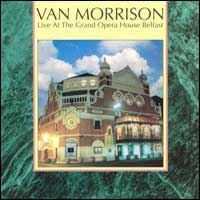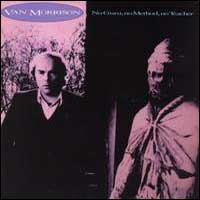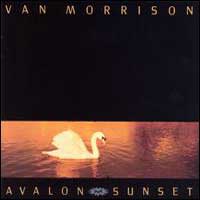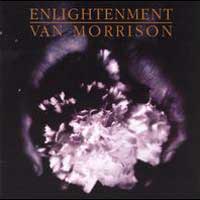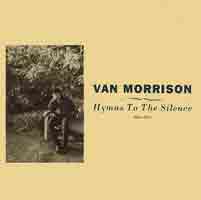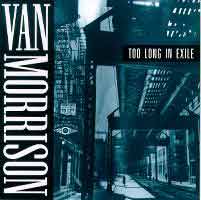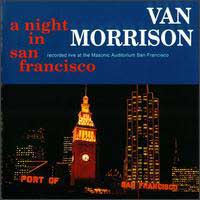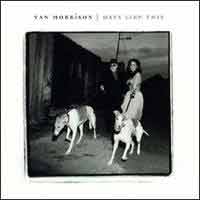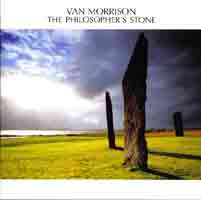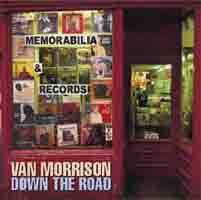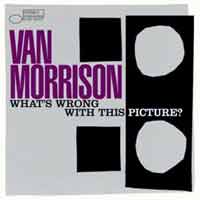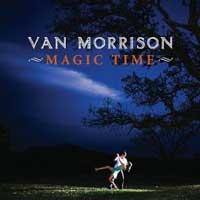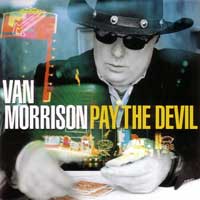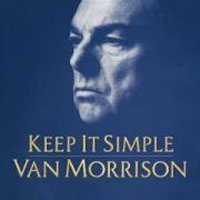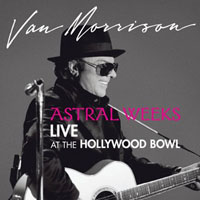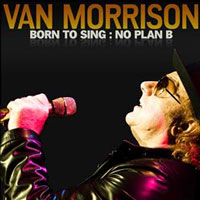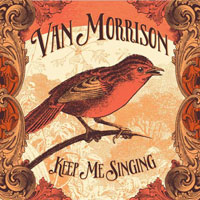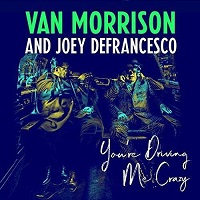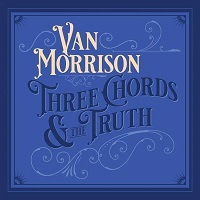Ein Klassiker wieder auf Vinyl: Van Morrisons »The Healing Game«
Genau vor 20 Jahren erschien das 26. Studioalbum von Van Morrison. Passend zu diesem Jubiläum legt er die Platte 2017 neu auf, und zwar als 3-CD-Set und als LP. Hier ist die 20th-Anniversary-Edition von »The Healing Game«.
»The Healing Game« erschien ursprünglich bereits im März 1997. Nach seinen Jazzalben »How Long Has This Been Going On« (1995) und »Tell Me Something« (1996) kehrte der irische Musiker für »The Healing Game« zurück zu seinen Singer-Songwriter- und Folk-Rock-Wurzeln. Er komponierte und schrieb alle zehn Songs selbst und nahm sie auch in Eigenregie auf. Das Album landete auf Platz 10 der UK-Charts.
Van Morrison feiert den Geburtstag seines Albums »The Healing Game«. Dazu gibt es den Klassiker 2017 wieder auf Vinyl und als Set auf drei CDs.
Van Morrison's 23rd studio album of original material in 30 years follows two jazz-oriented side projects, during which he was able to indulge his affection for the works of others, especially those of Mose Allison. Returning to his own work, Morrison seems to want to come to terms with the bitterness sometimes expressed in more recent original albums like Too Long in Exile and Days Like This. That bitterness has not dissipated by any means, as he demonstrates most clearly in "This Weight" and "It Once Was My Life," but now he is at pains to make clear that he became a musician because of a pure, simple joy in music-making. But that joy has been reduced by the demands of celebrity, and if this makes him the Greta Garbo of rock, so be it. His fear is that he will be reduced to being merely an entertainer. When he isn't complaining, Morrison presents the same kind of material he has been giving us for decades now, mid-tempo tunes paced by warm, graceful horn charts in which he evokes passion and spirituality largely through the use of nature imagery and rhythmic repetition. In his attempt to get back to his original inspiration, however, he gives "It Once Was My Life" and especially "If You Love Me" a doo wop sound, which seems to achieve the desired effect, such that in the album-closing title track he declares success: "Here I am again/back on the corner again/back where I belong." And with his return to "those ancient streets," his career comes full circle.
(by William Ruhlmann, All Music Guide)
Van Morrison never stopped recording during the 1990s, but for a little while it seemed as if he was disconnected from his muse. It wasn't so much his series of jazz cover albums -- he'd return to this vein often in subsequent decades -- but his songwriting that showed signs bitterness, particularly on 1995's Days Like This, where he seemed dismissive of the very notion of being a songwriter. In that light, it's hard not to see 1997's The Healing Game as a rejuvenation. Indeed, the album's very title suggests that Morrison is in the process of mending fences and reconnecting with a sense of joy, a process that began during his deep dive into Mose Allison and other bluesy jazz artists in the mid-'90s. Morrison retains that sense of swing on The Healing Game -- he also retains keyboardist Georgie Fame, who would become a fixture on Morrison's albums over the next two decades -- and it invigorates a set of songs that aren't necessarily all that different from what he's been writing as of late; he's still specializing in ballads, blues, and folk-rock colored by R&B. The subtle differences make a difference, though, whether they lie in the lyrics or, especially, the music, which feels warmer and more relaxed than the album's relatively recent companions. Morrison seems at home within the easy grooves of The Healing Game, and while that alone is enough to make the album worth revisits, it's also true the album boasts a sturdy selection of songs, highlighted by the meditative title track, the searching "Rough God Goes Riding," and the impassioned "Fire in the Belly."
(by Stephen Thomas Erlewine, All Music Guide)
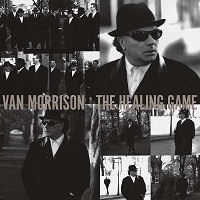
 Plattentipp
Plattentipp 
